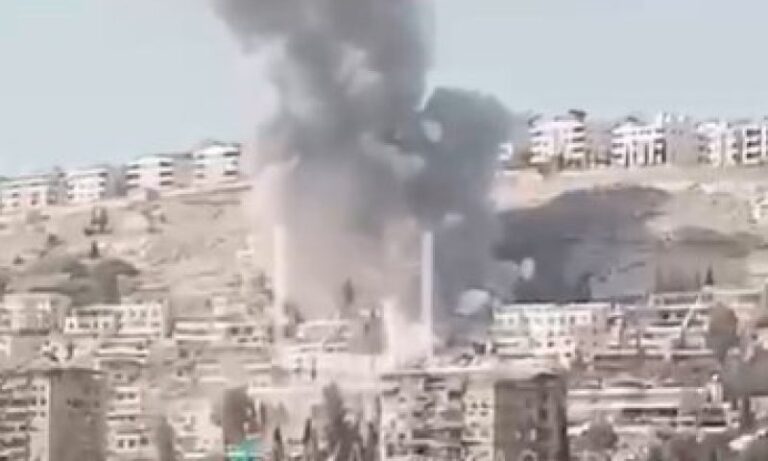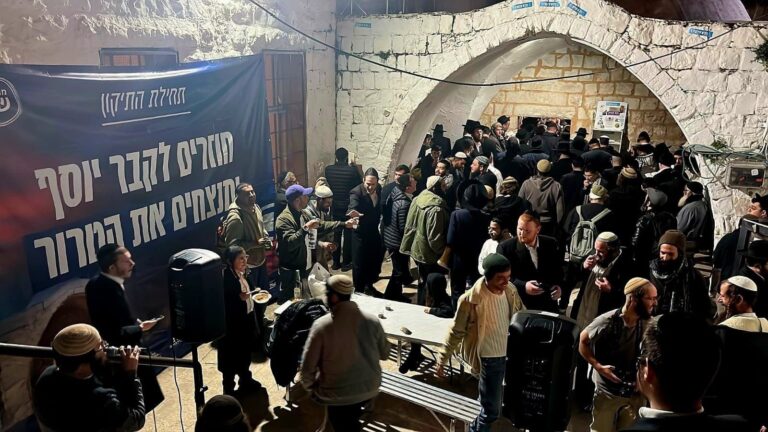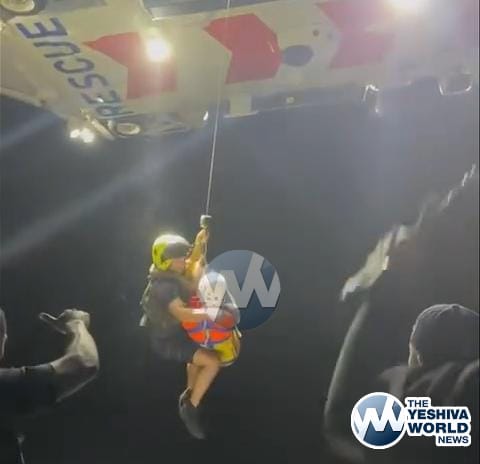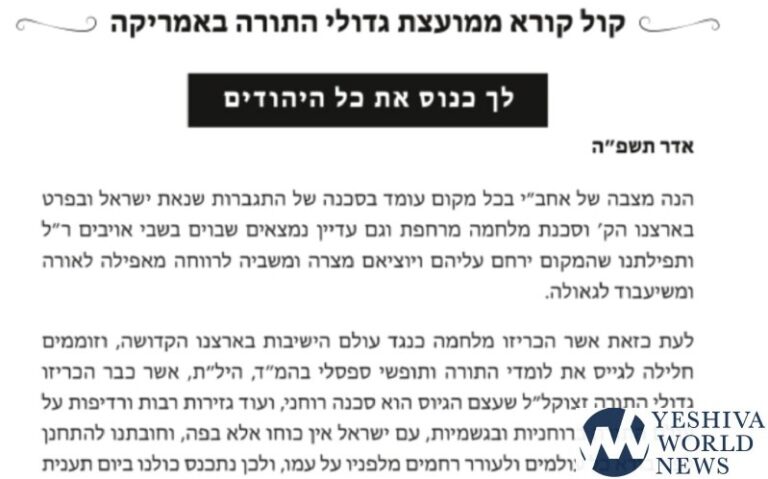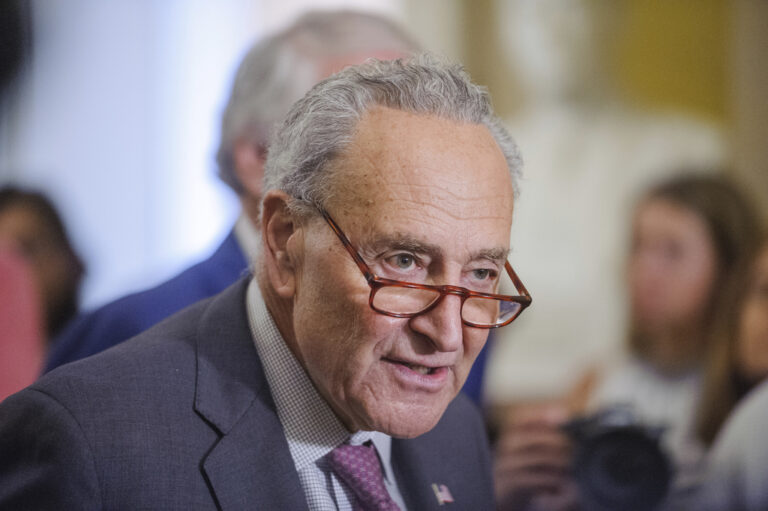U.S. helicopters airlifted soldiers to a central Yemeni province where they targeted an al-Qaida compound, clashing with suspected militants and killing at least seven of them early on Tuesday, according to the American military, Yemeni security officials, and tribal leaders.
The Central Command said the U.S. forces killed the militants using “a combination of small arms fire and precision airstrikes” to attack the compound. The Defense Department said the operation was conducted with the support of Yemen’s government.
According to Yemeni officials, the raid took place in the al-Sirim area in the province of Marib in the early morning hours. Tribal members said explosions were heard in al-Sirim, followed by helicopters and gunfire.
The helicopters landed in the outskirts of the town of Jouba near al-Sirim, which is known as one of al-Qaida’s hideouts and which has been targeted by a series of airstrikes in the past month that reportedly killed six al-Qaida militants.
According to the officials, there was also bombing in nearby Bayda province. The officials and the tribesmen spoke on condition of anonymity because they were not allowed to talk to reporters. They also did not have any specifics on casualties.
The Marib raid is the second publicly-known U.S. ground deployment in Yemen this year against al-Qaida militants. The United States has stepped up airstrikes as part of a sustained assault on al-Qaida in the Arabian Peninsula in areas of Yemen where it is most active, after a late January special operations raid that resulted in the death of a Navy SEAL.
Washington considers AQAP as one of the most dangerous branches of the terror network.
The January raid also killed 25 civilians, including women and children, and sparked outrage in Yemen. The US military said 14 militants from al-Qaida were killed in the assault and that U.S. service members captured “information that will likely provide insight into the planning of future terror plots.”
Over 75 U.S. airstrikes carried out since the beginning of the year have reflected an almost double increase in the yearly totals since the drone program against al-Qaida in Yemen began in 2009, according to analysts.
But al-Qaida has used the chaos of Yemen’s civil war following the 2015 launch of the Saudi-led campaign targeting the Shiite Houthi rebels who seized the capital, Sanaa, and other areas in the country, to expand its footprint and recruitment efforts.
The militant group has also effectively emerged as a de facto ally of the U.S.-backed Yemeni President Abed Rabbo Mansour Hadi and his backers Saudi Arabia and the United Arab Emirates in the battle against the Shiite rebels. The United States also supports the oil-rich Saudi Arabia with military advisers, logistics and intelligence, in addition to billions of dollars in arms.
(AP)


